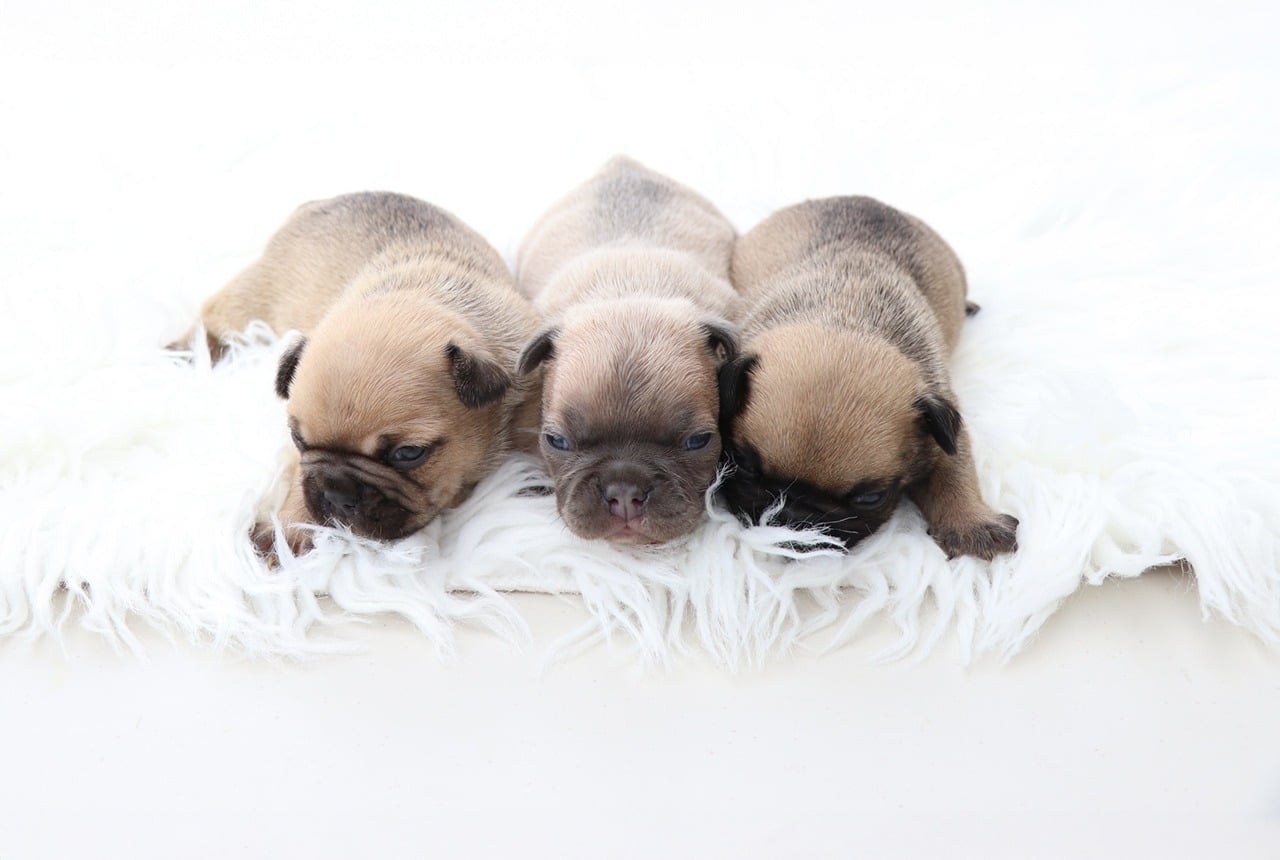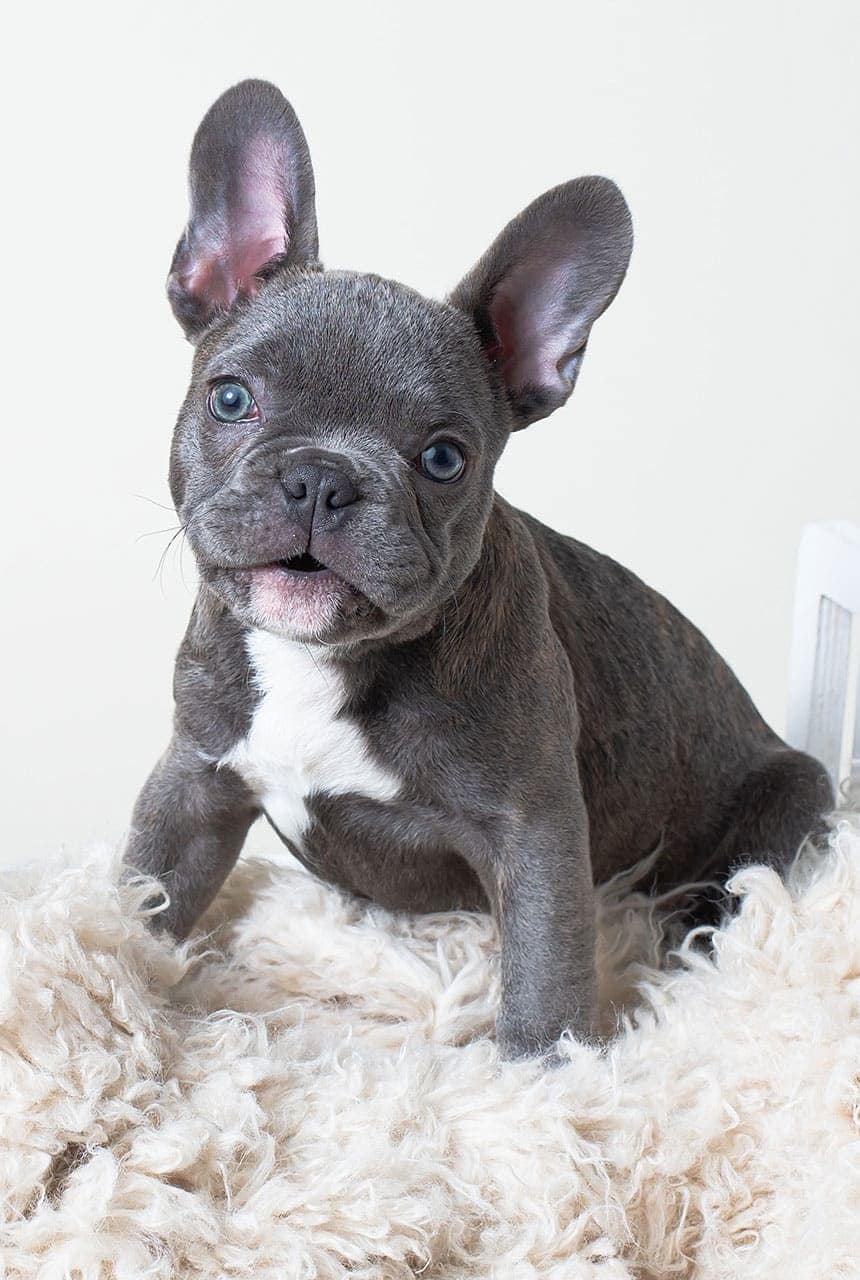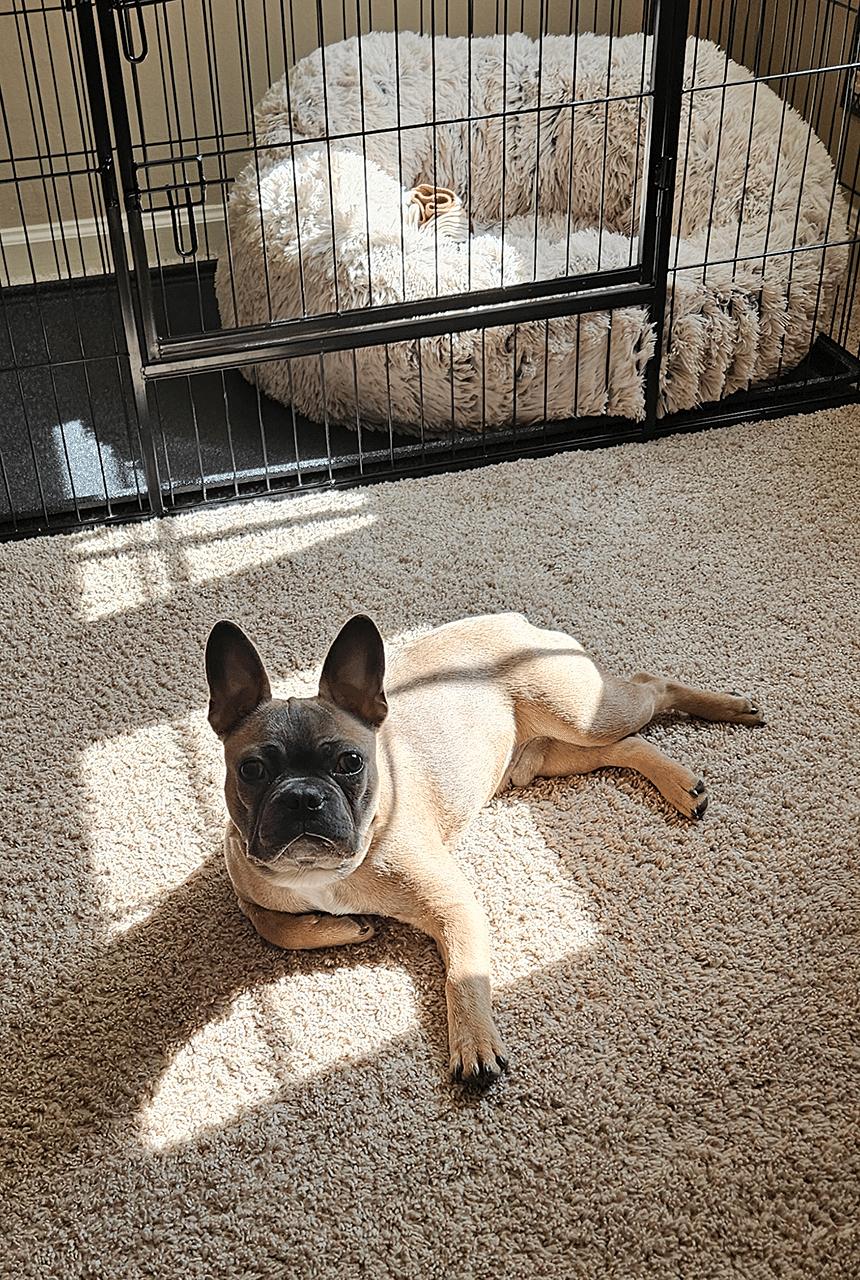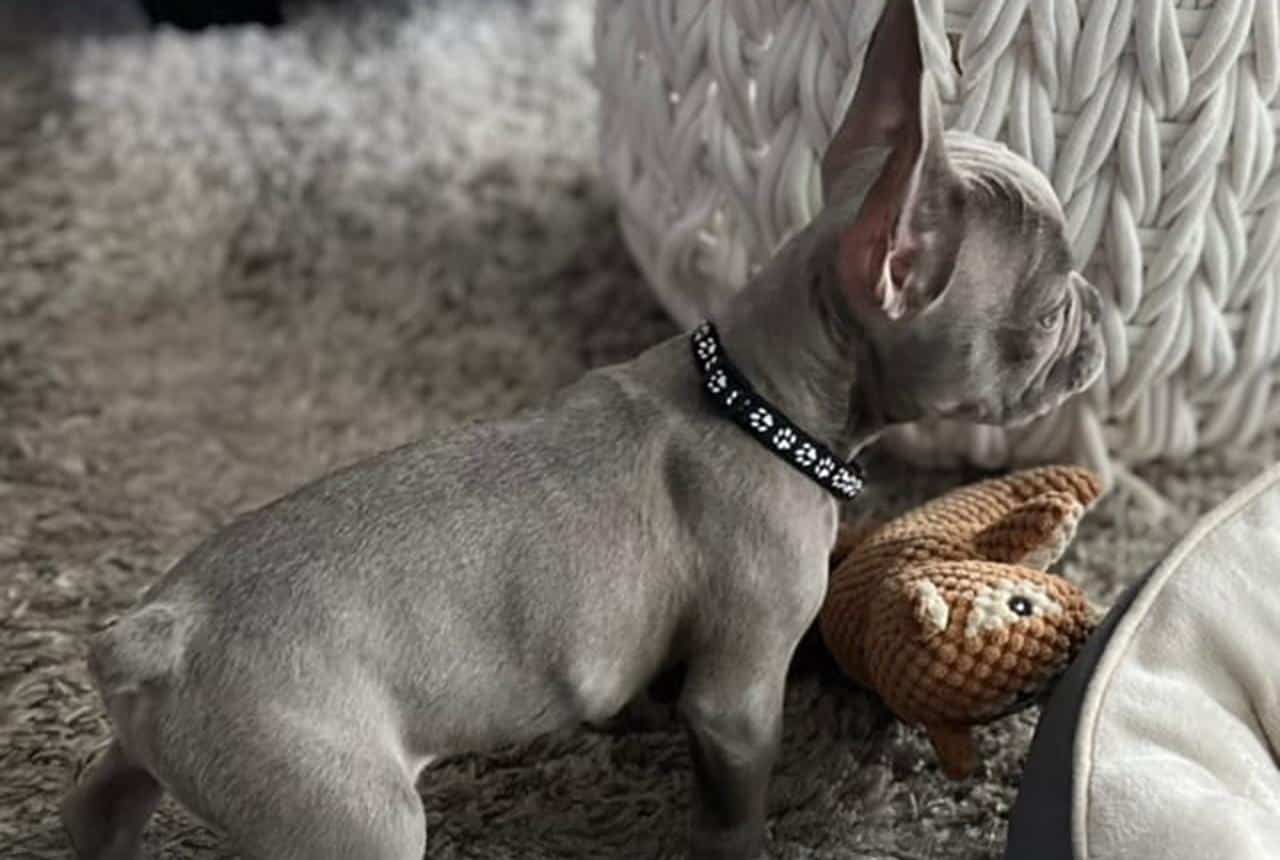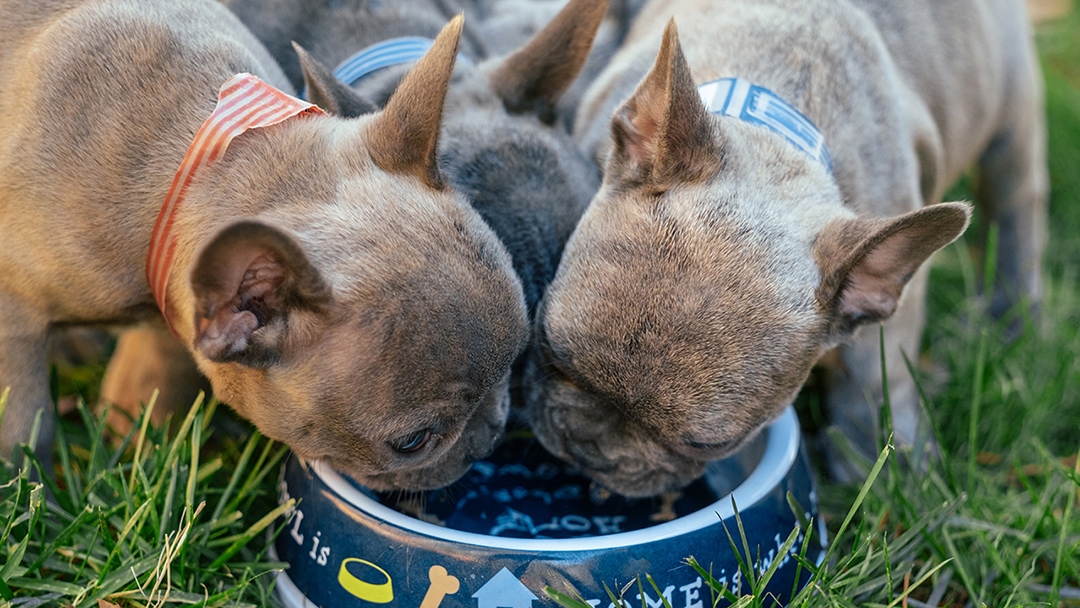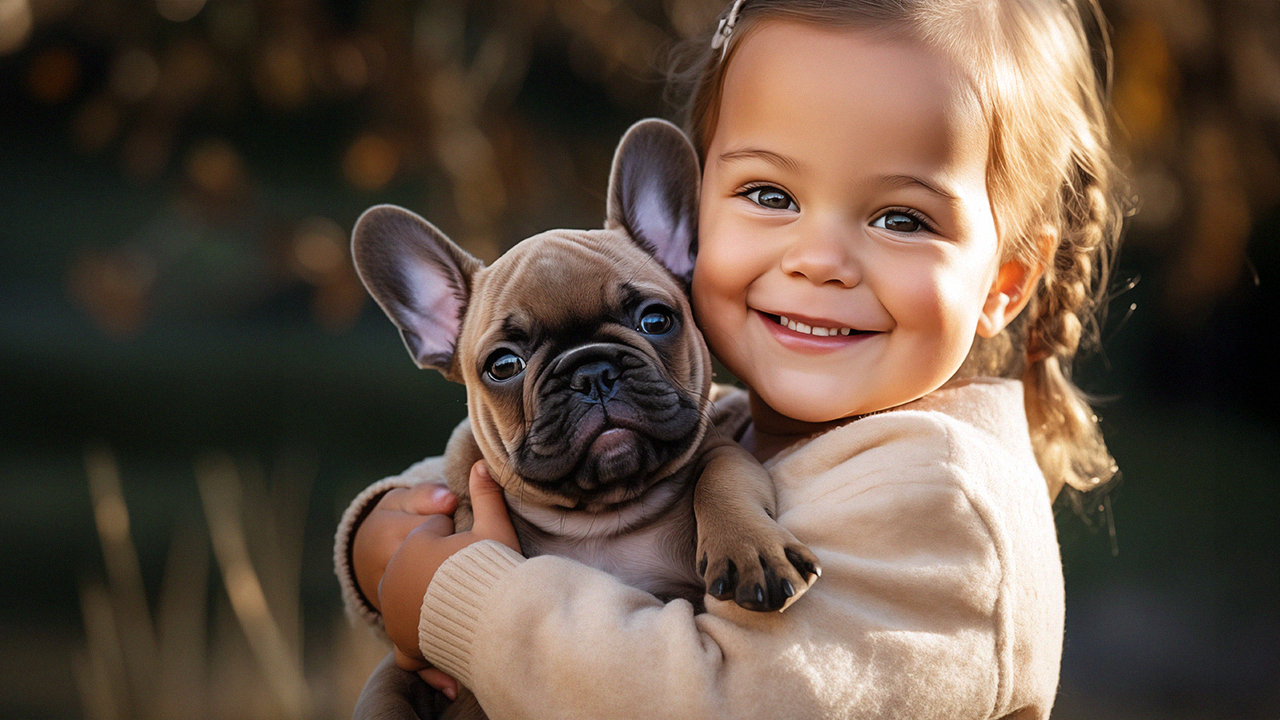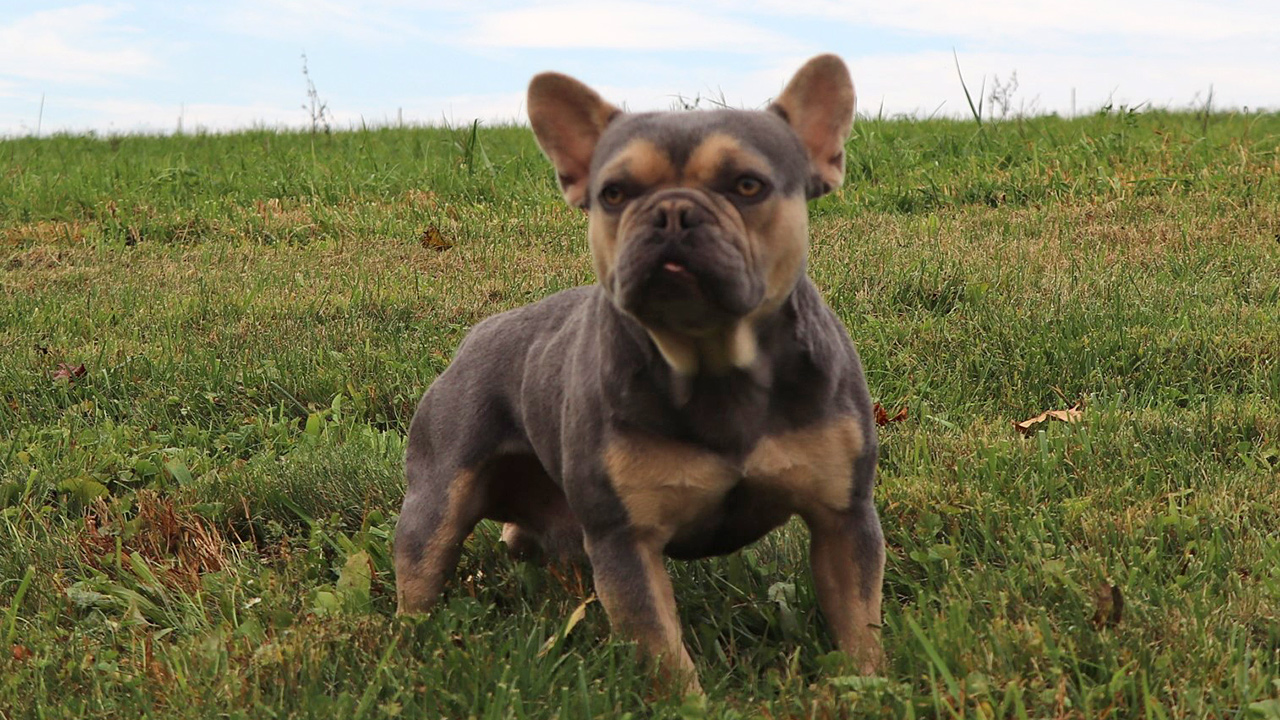Frenchtons are a hybrid breed that combines the best traits of two beloved dogs: the French Bulldog and the Boston Terrier. Known for their playful personalities and loving nature, Frenchtons have quickly gained popularity among dog lovers. But how do they compare to other Doodle breeds like Golden Doodles, Bernedoodles, and Cavapoos? In this article, we’ll dive deep into what makes Frenchtons special, as well as how they stack up against other popular hybrid breeds.
Frenchtons: The Perfect Blend of Playfulness and Relaxation
What is a Frenchton?
A Frenchton is a mix between a French Bulldog and a Boston Terrier, two breeds that are known for their compact size, charming personalities, and affectionate nature. Frenchtons inherit a combination of both traits, resulting in a dog that is energetic, playful, and full of love but also enjoys lounging around and cuddling with their owners.
Energy Levels and Activity Needs
Unlike some other hybrid breeds, Frenchtons tend to have moderate to high energy levels. They love to play, chase balls, and interact with their owners, making them a great choice for families with active children or individuals looking for a companion that enjoys a good game. However, unlike Golden Doodles, Frenchtons don’t require as much daily exercise. Typically, 30 to 60 minutes of exercise per day is sufficient to keep them happy and healthy. They are also content with indoor play, making them ideal for apartment living.
Temperament
Frenchtons are known for being affectionate and sociable. They enjoy being around their family and are usually good with other pets. Their curious nature means they’re always exploring their surroundings, but they are also very loving and enjoy curling up for a nap after a good play session. With their friendly, adaptable demeanor, Frenchtons make wonderful companions for people of all ages.
Golden Doodles: Energetic and Sociable Companions
What Makes Golden Doodles Unique?
Golden Doodles, a mix of Golden Retrievers and Poodles, are one of the most popular hybrid breeds. Known for their friendly and outgoing nature, Golden Doodles are often described as “people dogs” because they thrive on social interaction. They are highly intelligent, eager to please, and love spending time with their family.
Energy Levels and Activity Needs
Golden Doodles are much more energetic than Frenchtons. They require around 1 to 2 hours of exercise daily to keep them happy. Whether it’s a long walk, a run, or even a swim, Golden Doodles love being active. Their high energy levels make them well-suited to families or individuals with an active lifestyle who can engage them in outdoor activities regularly.
Temperament
Golden Doodles are affectionate, friendly, and highly social dogs. They enjoy being part of family activities and are known for being good with children and other pets. Their friendly disposition and intelligence make them easy to train, and they excel in various activities like obedience training, agility, and service work.
Bernedoodles: Calm, Affectionate, and Loyal
What Makes Bernedoodles Special?
Bernedoodles are a hybrid breed resulting from the combination of the Bernese Mountain Dog and the Poodle. While they are typically calm and gentle, they also inherit some playful traits from the Poodle side. This makes them a great choice for families who are looking for a dog that enjoys outdoor activities but doesn’t have the high-energy demands of breeds like Golden Doodles.
Energy Levels and Activity Needs
Bernedoodles have moderate energy levels and typically require about 30 to 60 minutes of exercise per day. They enjoy long walks, hikes, and moderate play sessions. While they are not as high-energy as Golden Doodles, they still enjoy outdoor adventures and are very social dogs who love to be around their family.
Temperament
Bernedoodles are known for their affectionate and loyal nature. They are great family pets, especially for those who enjoy spending time outdoors. Their calm demeanor makes them an excellent choice for those who want a dog that is easygoing but still enjoys a good play session. Bernedoodles tend to get along well with other pets and are excellent with children.
Cavapoos: Smaller and Full of Love
What Makes Cavapoos Stand Out?
Cavapoos, a mix between Cavalier King Charles Spaniels and Poodles, are small in size but big in personality. These affectionate and friendly dogs are known for their gentle, loving nature. They make excellent companions for those living in smaller spaces, such as apartments, as they require less exercise than larger breeds like Golden Doodles.
Energy Levels and Activity Needs
Cavapoos have moderate energy levels, making them ideal for individuals or families who want an active dog without the higher exercise demands of larger Doodle breeds. They generally need around 30 minutes to 1 hour of exercise per day. Regular walks, short play sessions, and mental stimulation are typically enough to keep them happy.
Temperament
Cavapoos are known for their sweet and gentle nature. They are very affectionate and enjoy cuddling with their family. Their social personality means they love being around people and other pets, making them excellent companions for families or individuals with other animals. Cavapoos are also highly intelligent and easy to train, making them a good choice for first-time dog owners.
How Frenchtons Compare to Other Doodle Breeds
When comparing Frenchtons to other hybrid breeds like Golden Doodles, Bernedoodles, and Cavapoos, it’s important to consider their energy levels, temperament, and exercise needs.
- Frenchtons are a great choice for those looking for a playful, affectionate dog with moderate energy. They require less exercise than Golden Doodles and are more adaptable to smaller living spaces, making them ideal for apartment dwellers.
- Golden Doodles are perfect for active families or individuals who have the time and energy to meet their exercise needs. They are highly social, intelligent, and require more exercise than Frenchtons, making them a great fit for those who enjoy outdoor activities.
- Bernedoodles offer a balanced mix of playfulness and calmness, making them ideal for those who want a loyal, affectionate companion without the high exercise demands of a Golden Doodle.
- Cavapoos are small, loving, and adaptable to various living environments. Their moderate energy levels and easygoing nature make them a great option for individuals or families looking for a smaller dog with a big heart.
Conclusion: Finding the Right Hybrid for Your Home
Whether you’re drawn to the playful energy of Frenchtons, the high-energy fun of Golden Doodles, the calm loyalty of Bernedoodles, or the small, affectionate nature of Cavapoos, each hybrid breed offers unique qualities. Understanding their energy levels, exercise needs, and temperament will help you choose the right dog for your family and lifestyle. No matter which Doodle or hybrid breed you choose, you’re sure to find a loving and loyal companion.

